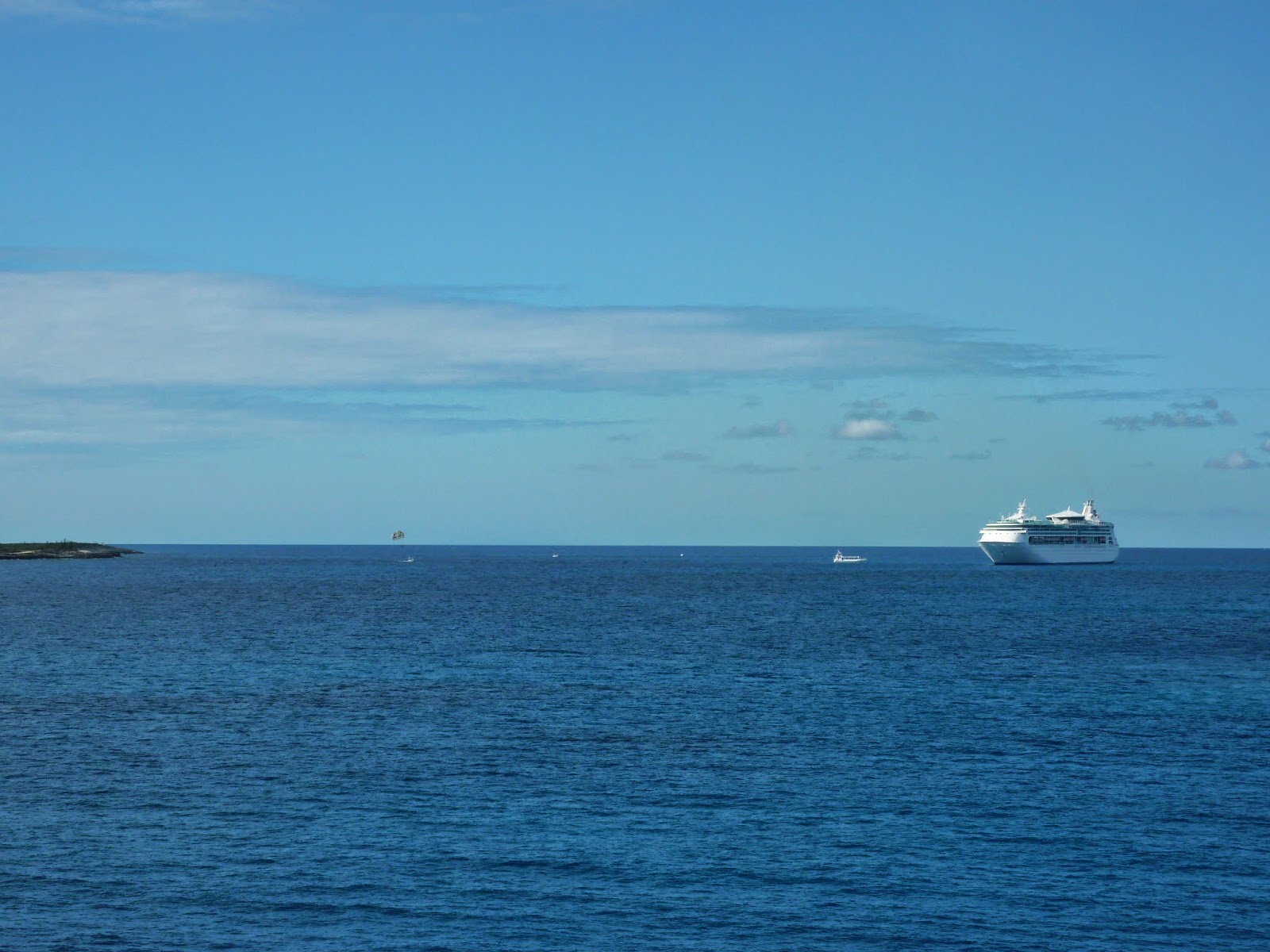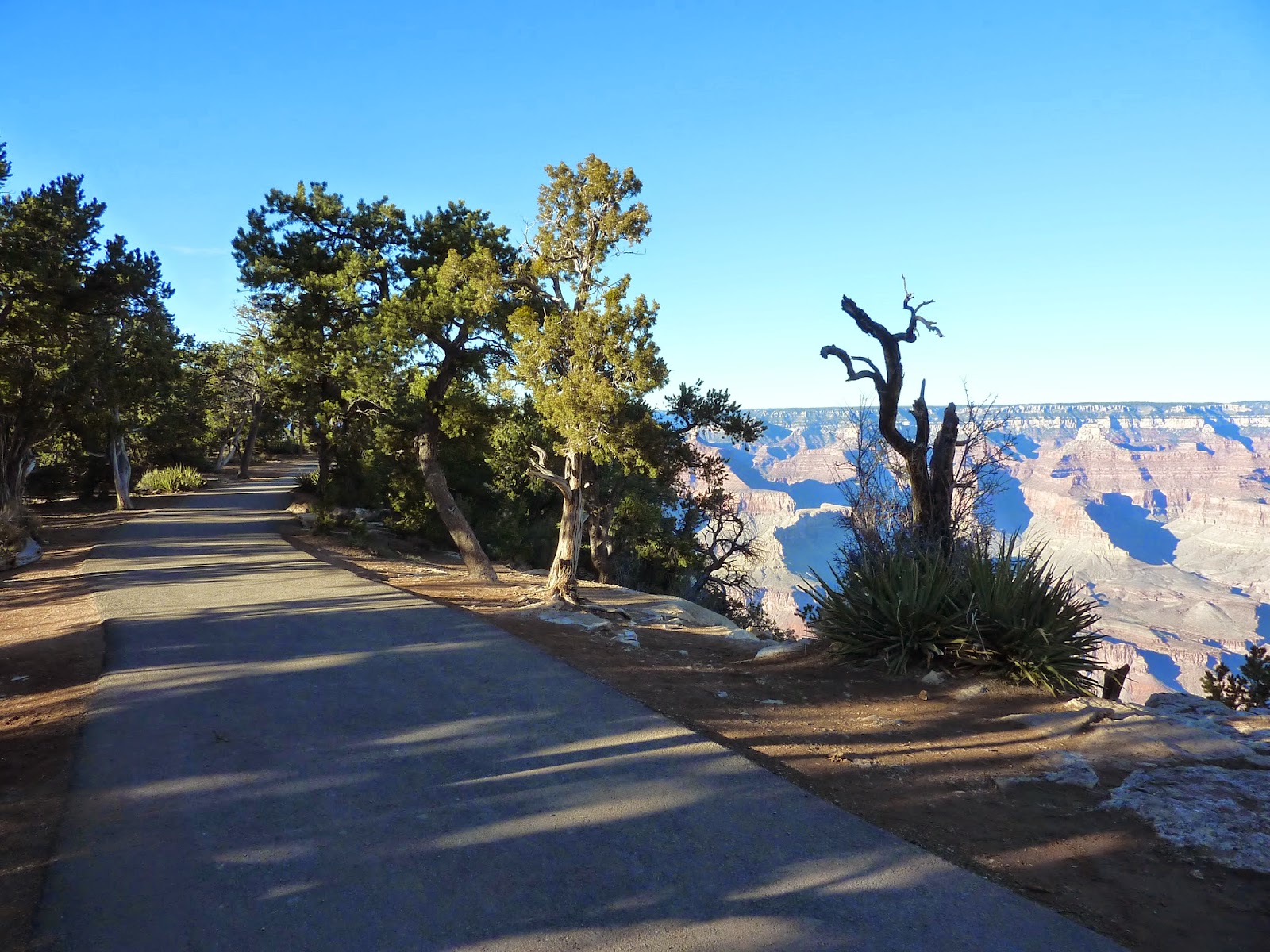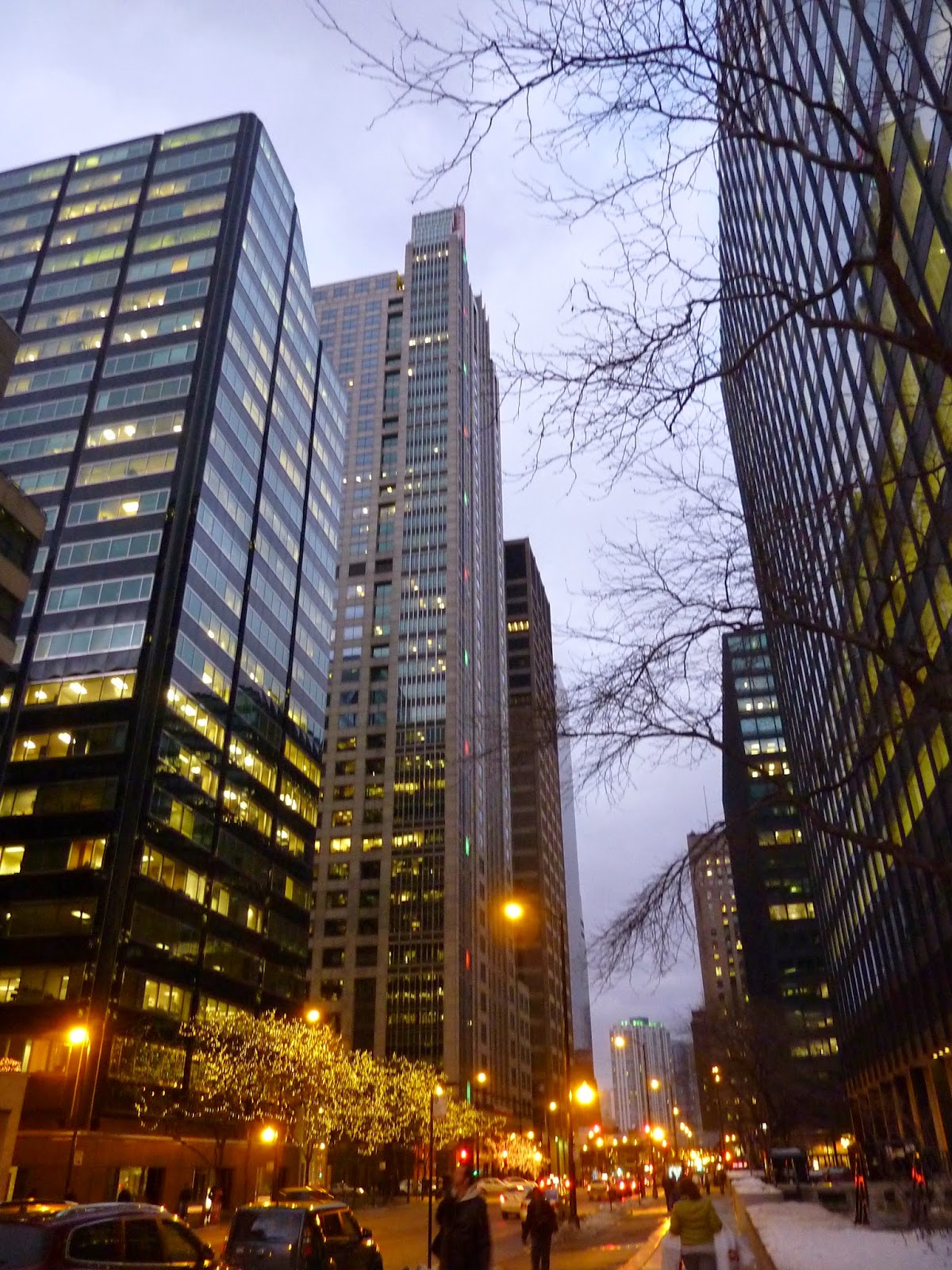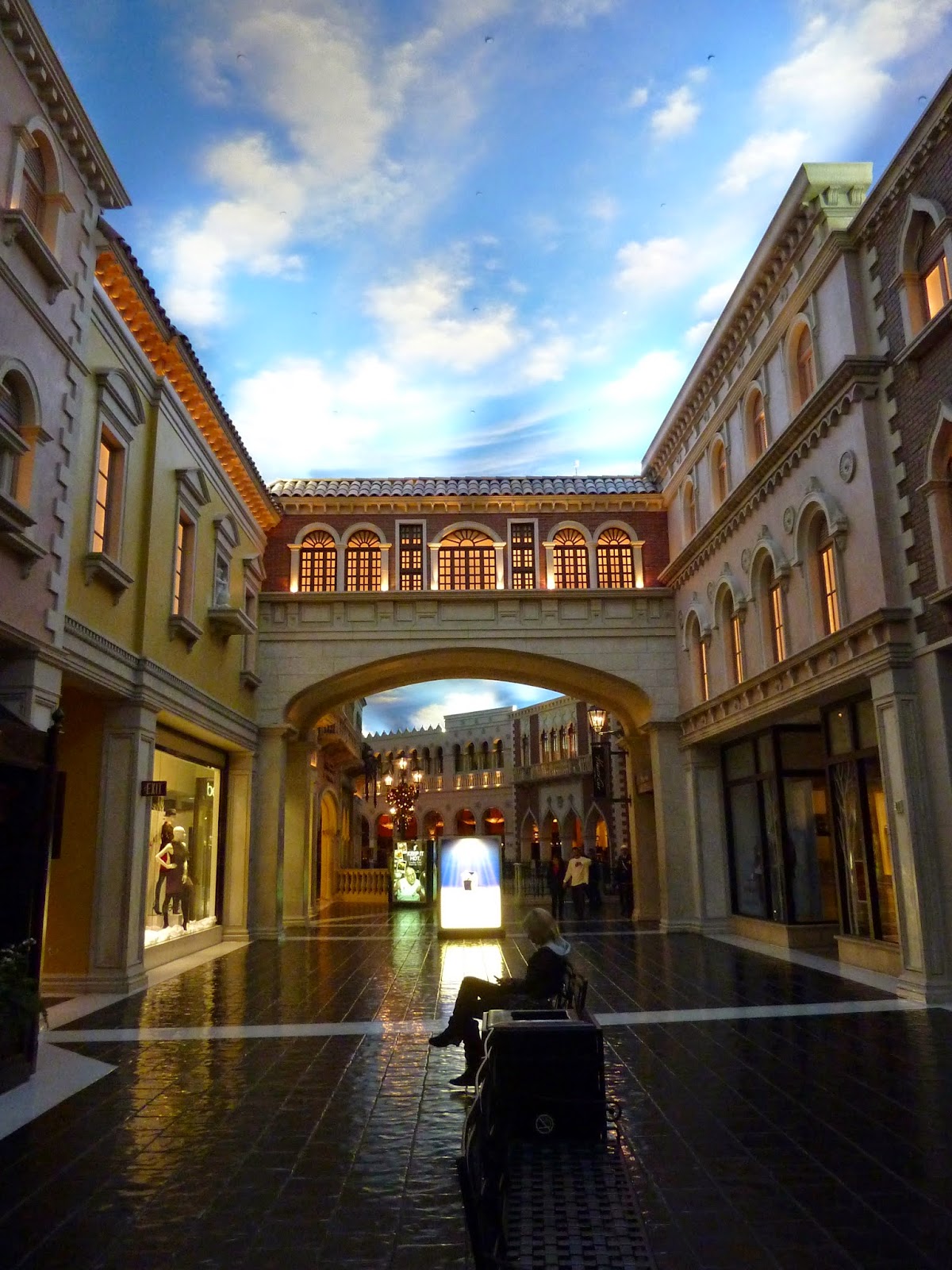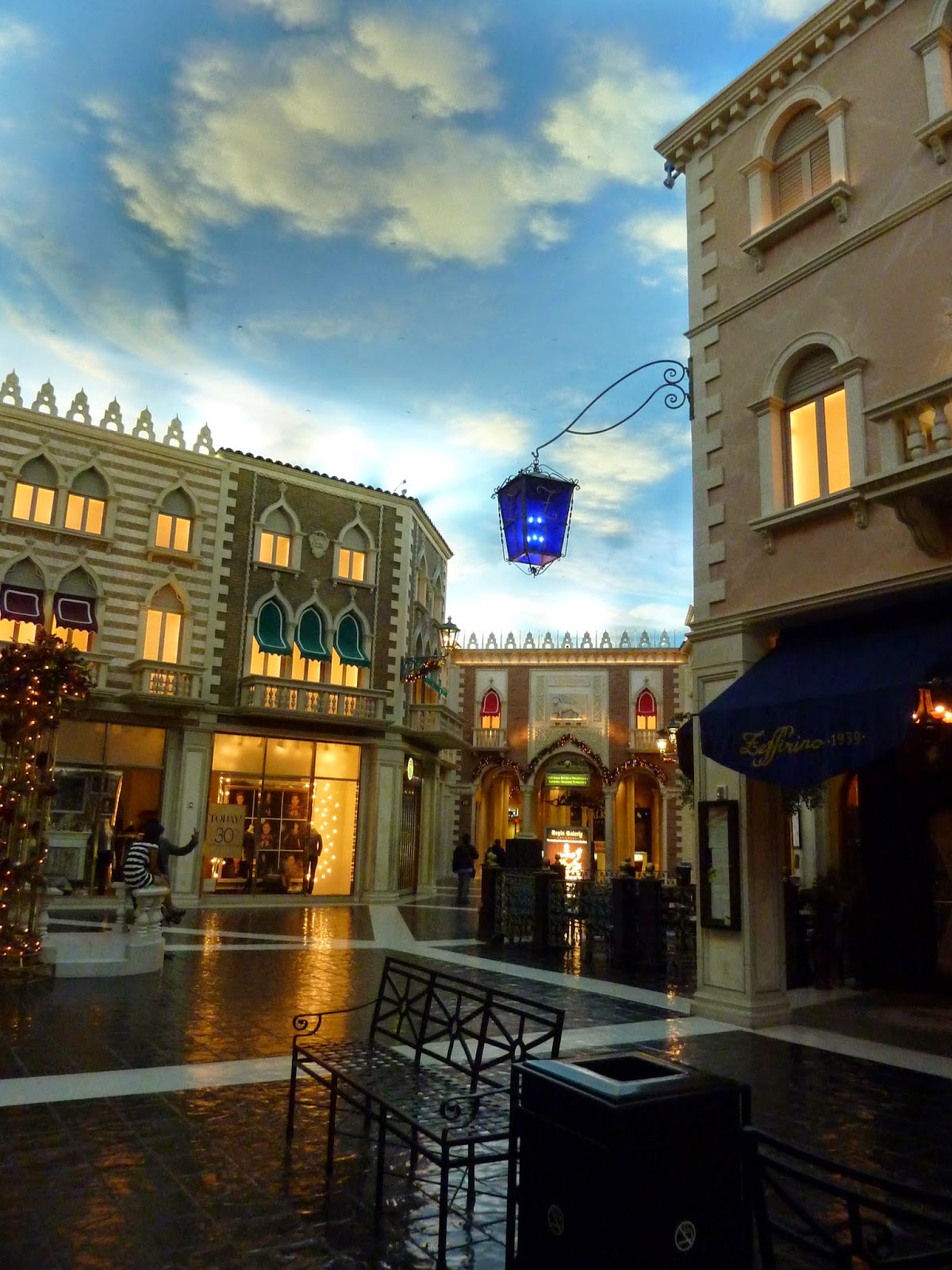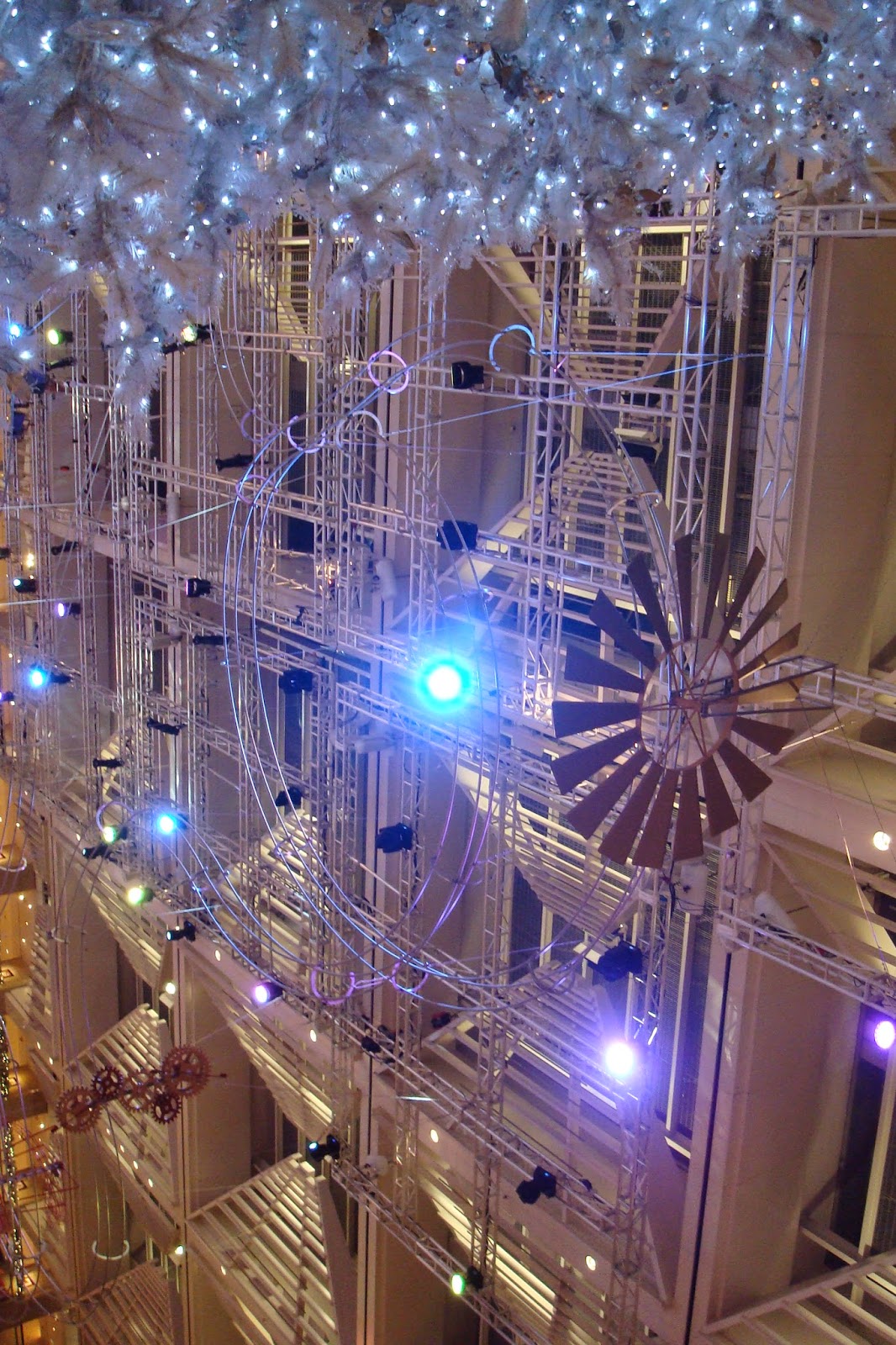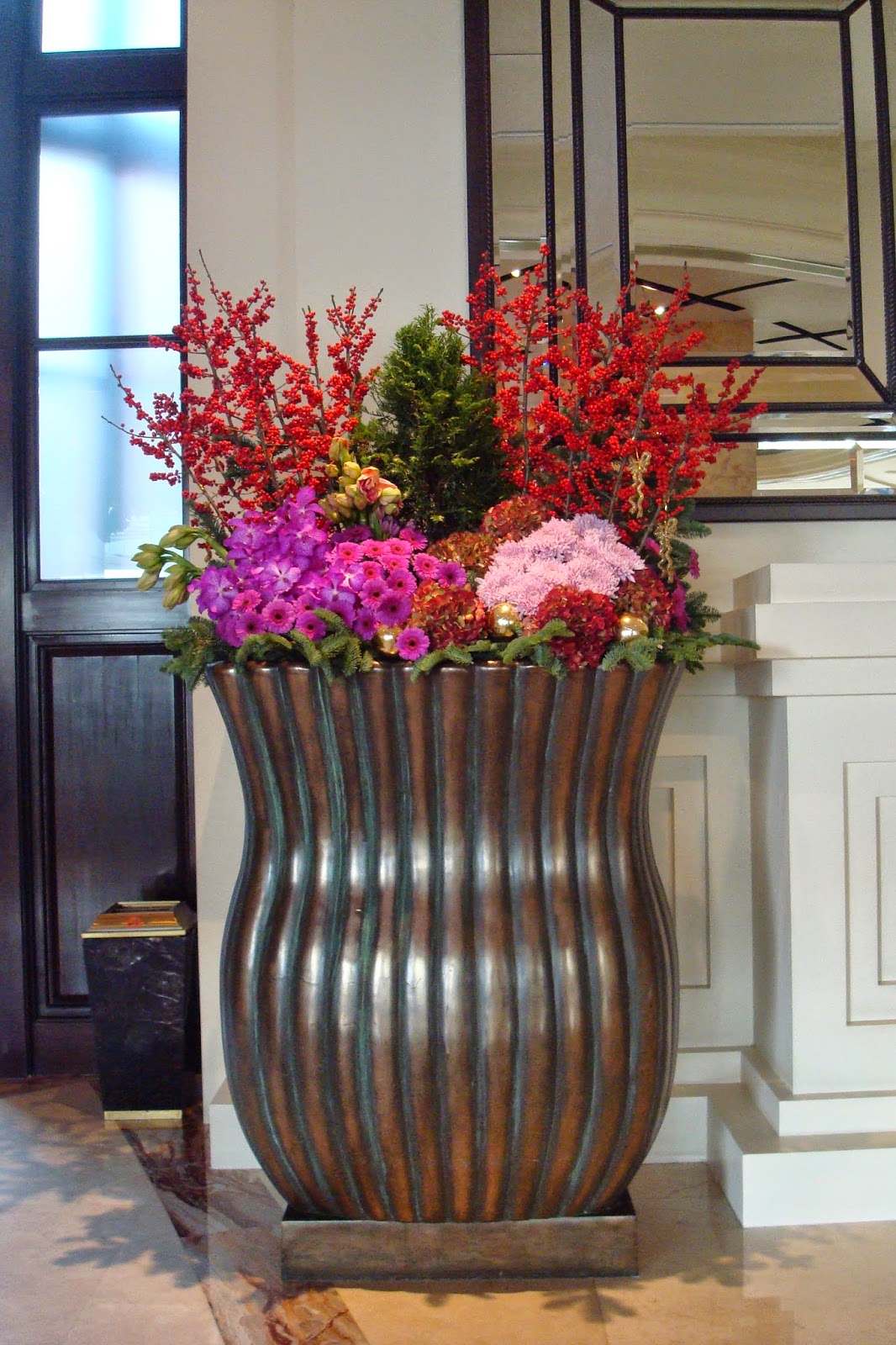the two titles: Lord and Christian - 4th week easter tuesday

In our first reading today there are several titles used here that we must look into. First is the title Lord. The title is given to Jesus. To say that Jesus is Lord is a profession of faith that Jesus is God. To say that Jesus is Lord is to say that Jesus is God and there he is to be worshiped as God. This kind of worship is called latria and this is worship rendered to God alone. To say that Jesus is Lord is to profess that Jesus is God. It is good to note that there are other religious faiths that do not believe that Jesus is God. Our brothers in the Iglesia ni Kristo is one and also the Mormons . They believe that Jesus is an elevated being, higher than us, higher than the angels but he is not God equal to the Father. But we Catholics, when we pray that Jesus is Lord, when we say Lord Jesus Christ, we proclaim that Jesus is God.
